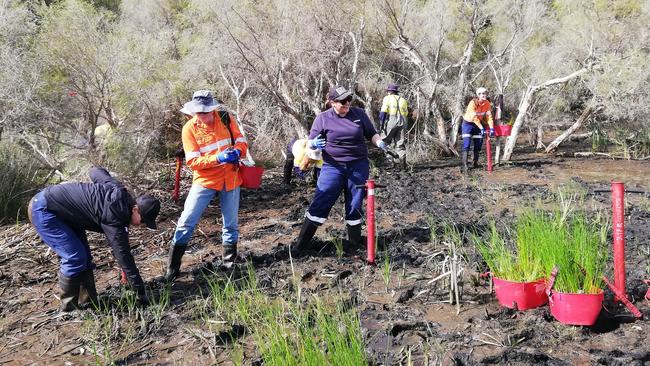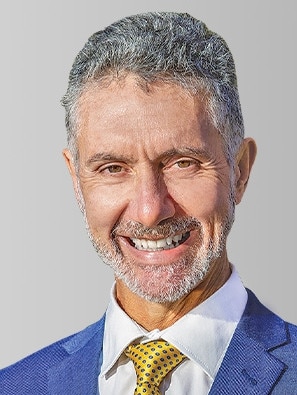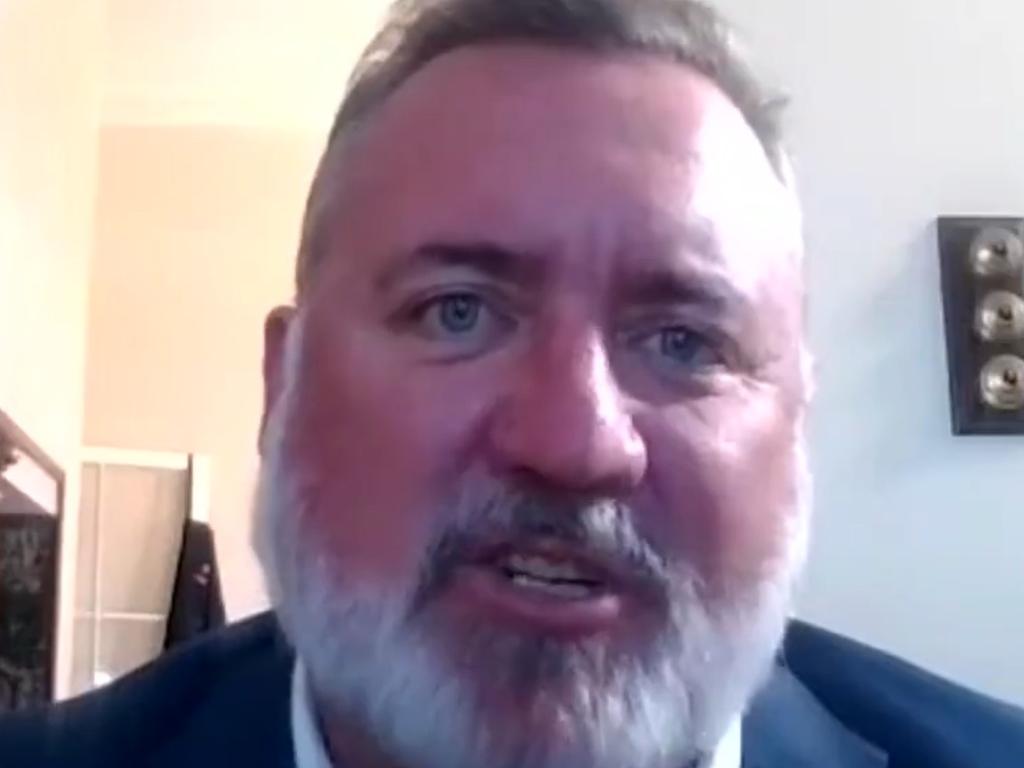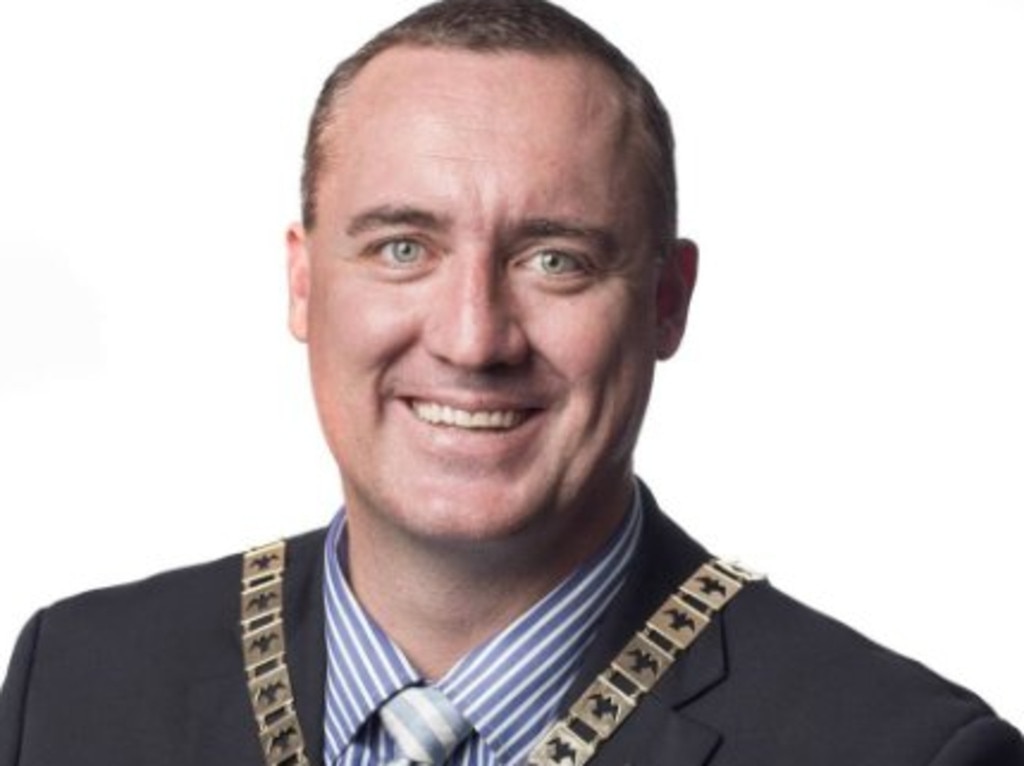WA in fresh Aboriginal heritage drama
Whadjuk Aboriginal Corporation has parted company with the chief executive who reportedly wanted $2.5m of government funding before he would approve a tree planting.

Western Australia’s Aboriginal Affairs Minister Tony Buti insists the state’s Indigenous heritage regime has had a “pretty smooth” start, despite one Indigenous leader reportedly demanding $2.5m in funding before he would allow an environmental tree planting to go ahead.
Dr Buti on Monday told reporters it was “incredibly disappointing” that a planned planting of more than 5000 trees along the Canning River had been cancelled after more confusion around the state’s new Aboriginal Cultural Heritage Act.
The South East Regional Centre for Urban Landcare was reportedly told by Whadjuk Aboriginal Corporation chief executive David Collard that they could not go ahead with the planning until funding disputes between the group and the government were resolved.
Mr Collard – who has since been dismissed from his role – reportedly wanted $2.5m of the $10m committed by the federal government for restoration work around the Canning River.
It followed a previous saga, a week earlier, in which the City of Geraldton cancelled a proposed tree planting on bushland as part of a project commemorating Queen Elizabeth II’s jubilee. The city originally said the planting was canned after concerns were raised under the new heritage act, but the Indigenous family behind the objection said their issue was with the project’s links to the late Queen.
The difficult introduction of the new heritage laws have contributed to a drop in support for the voice in WA, with opponents pointing to the recent issues as a taste of what would come under an Indigenous voice to parliament.
Dr Buti said tree plantings could not be cancelled under the act, and criticised the reported funding demands of Mr Collard.
“If the alleged communication by Mr Collard is correct, if he did say what’s been reported, that’s completely unacceptable and I will not stand for that,” he said.
The new regime came into force at the start of the month, despite none of the dozens of Local Aboriginal Cultural Heritage Services envisaged under the act being in place.
While Dr Buti said the government would work to remedy any weaknesses or issues that emerged during the act’s operation, he defended the rollout of the new system. “With any new legislation, there will be some uncertainty,” he said. “Overall, this has been run very smoothly over the past few weeks.”

Mr Collard, who did not respond to a request for comment, had previously been put forward by Dr Buti’s office as an example of an Indigenous group that was ready for the introduction of the new laws.
In a statement, Whadjuk Aboriginal Corporation confirmed that Mr Collard was no longer the group’s CEO. His departure, the group said, was not related to the Canning River planting.
Whadjuk Aboriginal Corporation said the replanting would be rescheduled. “The Canning River and its riverbanks are culturally significant to the Whadjuk people because the connection to this land is of central spiritual importance,” Whadjuk said.
Opposition Leader Shane Love said the new act had led to “utter chaos” and was acting as a handbrake on many industries. He said Dr Buti should stand down from the Aboriginal affairs ministry.
“If anyone should be blamed, it’s Dr Buti and his management of this whole situation as minister,” Mr Love said. “We told him before this came in that the community was not ready and it’s very, very clear in the short time since the introduction of this act that there’s a tremendous amount of confusion and concern around what the regulations actually mean, and how business and community groups and land owners can negotiate their way through this.”








To join the conversation, please log in. Don't have an account? Register
Join the conversation, you are commenting as Logout